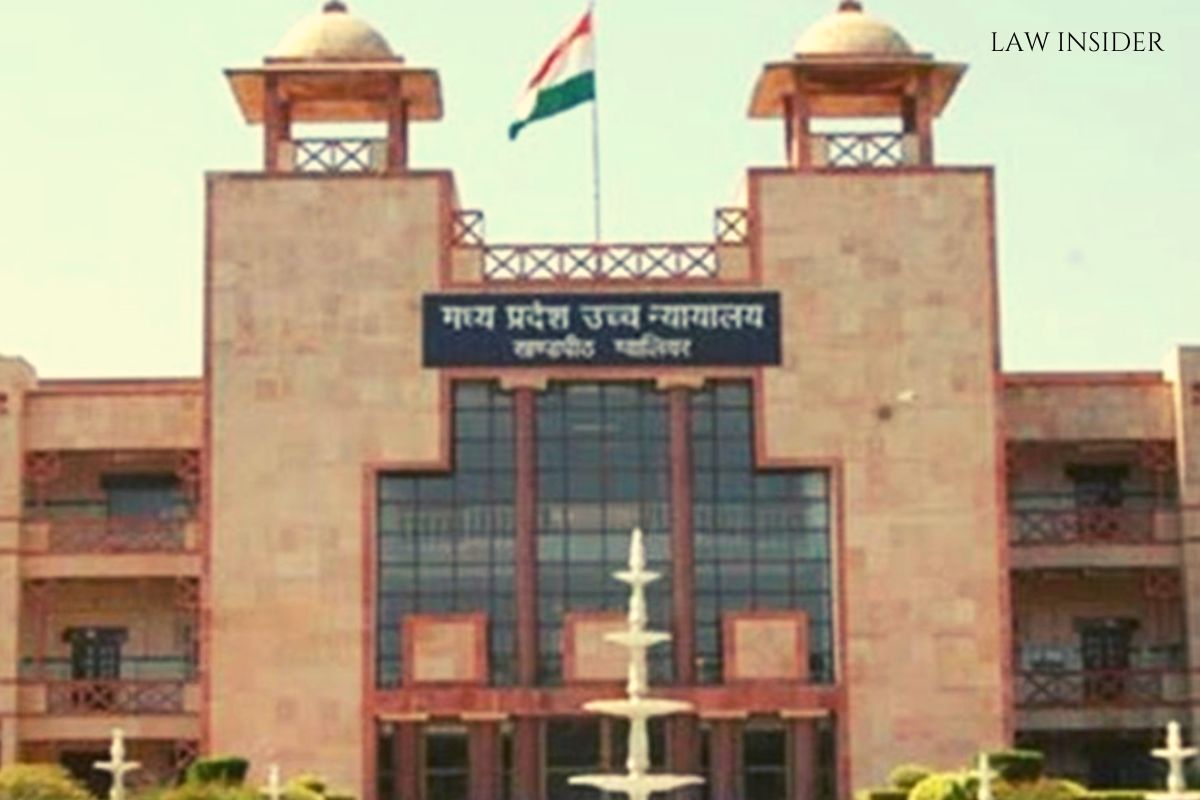LI Network
Published on: October 28, 2023 at 16:20 IST
The Madhya Pradesh High Court, Indore Bench, has imposed a fine of Rs. 10,000 on the Additional District Magistrate (ADM) of Indore for overstepping the boundaries of her role under Section 14 of the SARFAESI Act (Securitisation and Reconstruction Of Financial Assets And Enforcement Of Security Interest Act, 2002).
The court’s decision underscores the nature of the ADM’s responsibilities as “executory and ministerial” and not one of adjudication.
The ADM has been directed to personally bear the imposed cost, clarifying that it should not be borne by the state government. The judgment was delivered by the Division bench consisting of Justice Sushrut Arvind Dharmadhikari and Justice Pranay Verma.
The court observed that the ADM had exceeded the scope of Section 14 by allowing the respondents (debtors) to file replies and dismissing the application meant for taking possession. It stressed that the role of the DM/ADM is essentially ministerial under Section 14 of the SARFAESI Act and does not involve adjudication.
The court expressed concern over the arbitrary issuance of orders without regard for the directives of the High Court or the Supreme Court.
Section 14 of the SARFAESI Act specifies that when considering an application for taking possession of a mortgaged property, the District Magistrate or Chief Metropolitan Magistrate should only focus on two aspects: whether the secured asset falls within the court’s territorial jurisdiction and whether the notice as per Section 13(2) of the Act has been provided. This stage does not involve adjudicating the merits of the case.
The court referred to the case of Cholamandlam Investment and Finance Ltd. v. Additional District Magistrate and Others [2018] and concluded that the ADM, Sapna M. Lovanshi, had misinterpreted the settled law, resulting in a waste of the court’s time.
The court set aside the order dated 28.06.2023, which had dismissed the petitioner’s (secured creditor) application under Section 14. It directed the ADM to issue a fresh order within 30 days, extendable up to 60 days.
The court also reprimanded the ADM for disregarding the High Court’s order in WP 10672/2023, the initial round of litigation arising from the Section 14 application.
The court highlighted that the ADM had assumed an adjudicatory role by claiming that she had become functus officio, even though the remedy for the petitioner was before the DRT in Jabalpur.
The court noted that the ADM had filed an interim application in the current writ petition, seeking permission to withdraw the order dated 28.06.2023, which further illustrated her arbitrary exercise of power.
To prevent future misinterpretations of the law, the court ordered that the decision be circulated to all relevant officers in the Revenue Department and stressed the importance of adhering to court orders in letter and spirit.
Case title: “SMFG India Credit Company Limited Formerly Known As Fullerton India Credit Company Limited Through Authorized Officer v. Additional District Magistrate District Indore & Ors,” is a significant reminder of the defined role of the ADM in SARFAESI Act proceedings.

